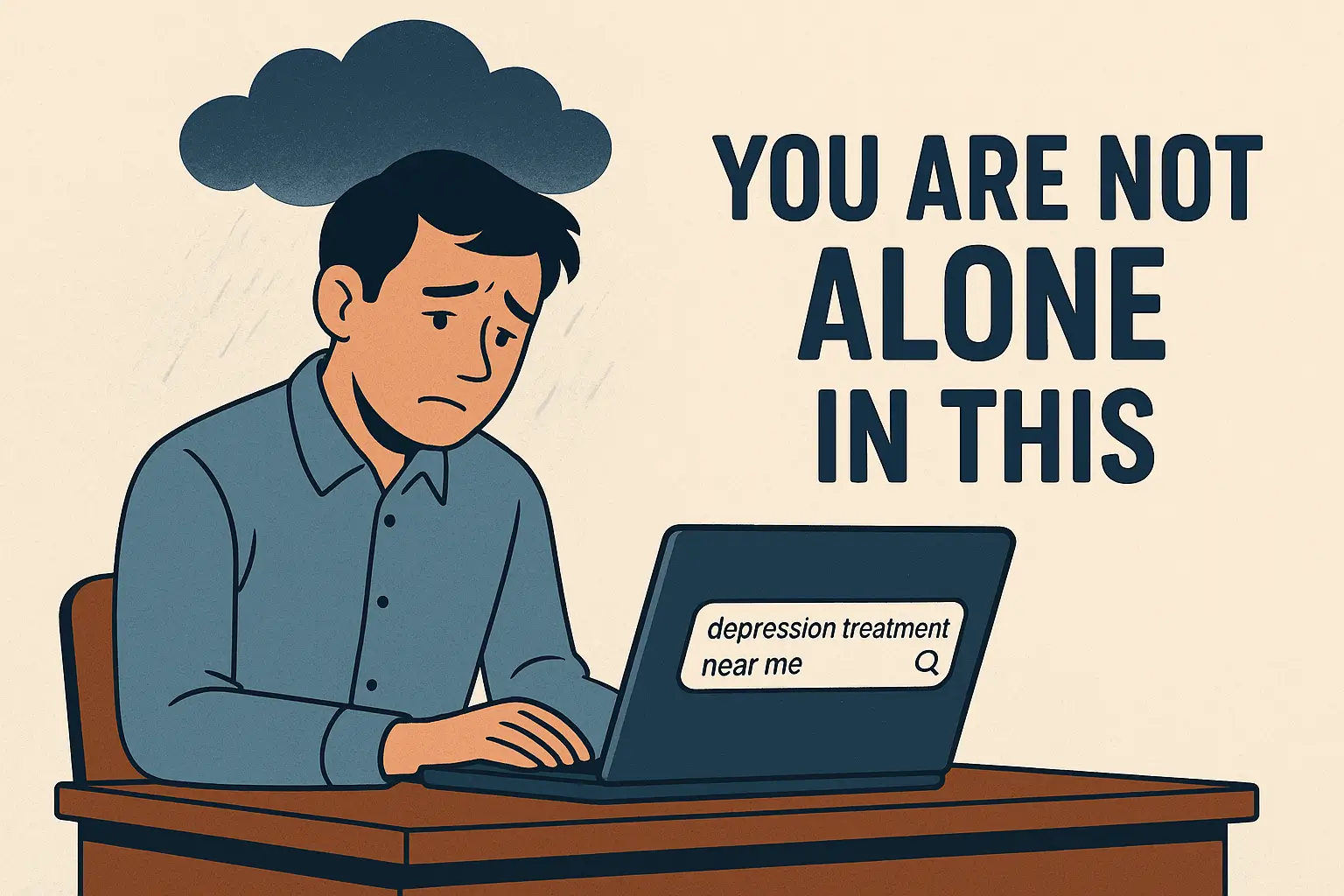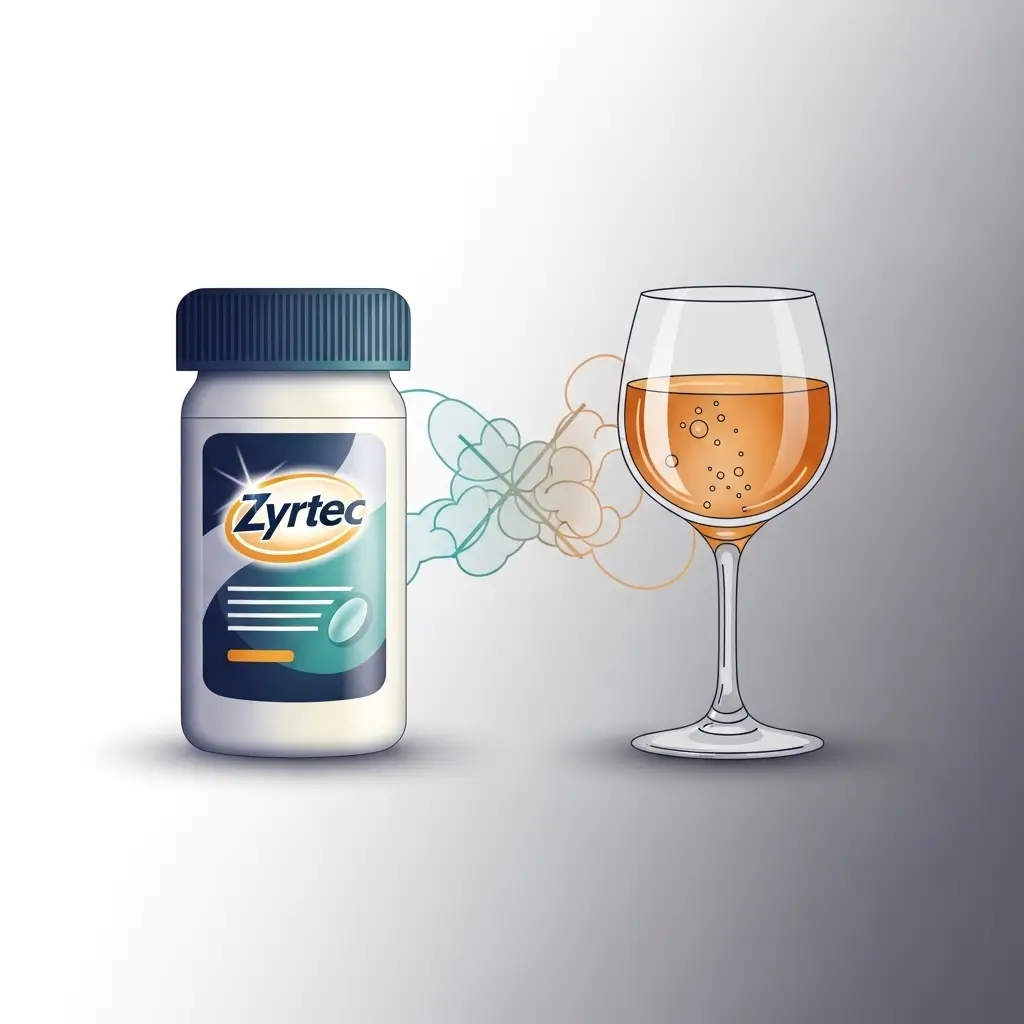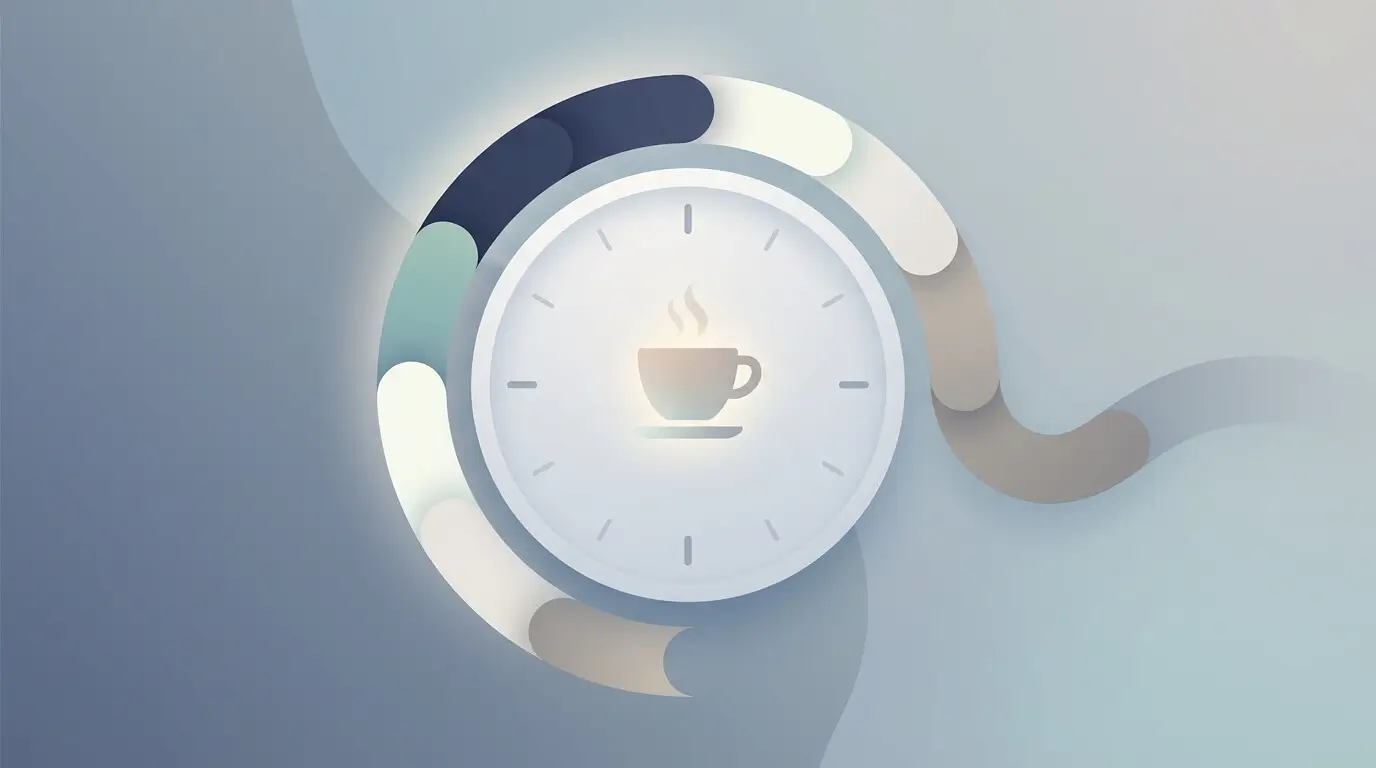You Are Not Alone in This
The weight of depression can feel isolating, making even the smallest steps, like searching for help, seem monumental. You might find yourself staring at your phone or computer, typing "depression treatment near me" into the search bar, then closing it before hitting enter. Perhaps you've done this multiple times, caught between wanting help and feeling overwhelmed by the options.
Taking this step to research treatment centers is a sign of incredible strength. It means you're choosing hope over despair, action over paralysis. This guide is designed to empower you with the information needed to find the right depression treatment center for your unique situation.
Depression affects over 21 million adults in the United States alone, yet it remains one of the most treatable mental health conditions when proper care is received. The challenge isn't that help doesn't exist—it's knowing how to navigate the complex landscape of treatment options and find what truly fits your needs.
In this comprehensive guide, we'll walk through everything from recognizing when you need more intensive care than weekly therapy sessions, to understanding the different types of treatment centers available. We'll explore what makes a quality treatment center, examine cutting-edge innovations in depression treatment, and help you understand what to expect during your healing journey.
When Is It Time to Consider a Depression Treatment Center?
Regular therapy sessions can be incredibly valuable for managing depression, but sometimes they're not enough. There's no shame in recognizing when you need a higher level of care. In fact, it's often the turning point that leads to real breakthrough and lasting recovery. Knowing when can be tough but this video with Dr. Judy Ho is a great resource for understanding this more.
At our facility, we've seen countless individuals who spent months or even years in traditional outpatient therapy without significant improvement. The structured environment and intensive support of a treatment center often provides the reset they needed to begin genuine healing.
Several key indicators suggest it might be time to consider a depression treatment center:
Your current outpatient treatment isn't providing adequate support. If you're attending weekly therapy sessions but still struggling to function day-to-day, or if you find yourself counting down the days between appointments just to make it through, you may benefit from more intensive intervention.
Your symptoms are severely impacting your daily life. This goes beyond feeling sad or unmotivated. We're talking about depression that makes it difficult to maintain employment, care for yourself properly, or maintain meaningful relationships. When basic self-care becomes overwhelming, structured support becomes essential.
Safety concerns are present. Any thoughts of self-harm or suicide require immediate attention. Depression treatment centers provide 24/7 monitoring and crisis intervention capabilities that outpatient care simply cannot match.
Co-occurring conditions complicate your situation. Depression rarely travels alone. Anxiety disorders, substance use issues, or other mental health conditions often accompany depression, requiring integrated treatment approaches that address all aspects of your mental health simultaneously.
Understanding the Different Types of Depression Treatment Centers
Not all depression treatment centers are created equal, and the right choice depends entirely on your specific needs and circumstances. Understanding the different levels of care available helps you make an informed decision about what's most appropriate for your situation.
Inpatient/Residential Treatment
Inpatient treatment provides 24/7 care in a live-in facility, creating a safe and supportive environment completely removed from daily stressors and triggers. This intensive level of care serves individuals with severe depression, those at risk of self-harm, or anyone who needs a completely structured environment to stabilize.
During residential treatment, you'll follow a carefully designed daily schedule that includes individual therapy sessions, group counseling, medication management, and various holistic activities. The constant availability of professional support means that breakthroughs can be processed immediately, and any setbacks can be addressed before they spiral.
At Prescott House, we've found that residential treatment works particularly well for individuals who have tried multiple outpatient approaches without success. The immersive environment allows for rapid medication adjustments, intensive therapy work, and the development of strong coping skills in a supported setting. Many of our clients describe this level of care as giving them the "breathing room" they needed to focus entirely on their recovery.
The typical length of stay ranges from several weeks to a few months, depending on individual progress and needs. While this represents a significant time commitment, many participants find that this concentrated period of healing accelerates their recovery far beyond what years of outpatient care achieved.
Partial Hospitalization Programs (PHP)
Partial hospitalization offers intensive treatment during the day while allowing you to return home each evening. This bridge between inpatient and outpatient care provides substantial support while maintaining some connection to your regular life and responsibilities.
PHP typically involves 6-8 hours of programming daily, five days per week. Your day might include individual therapy, group sessions, medication management, educational workshops, and therapeutic activities. This structure provides the intensity of inpatient care while preserving important family and community connections.
This level of care works well for individuals who need more support than traditional outpatient therapy but don't require 24/7 supervision. It's also an excellent step-down option for those transitioning from residential treatment, providing continued intensive support while gradually reintegrating into daily life.
Intensive Outpatient Programs (IOP)
Intensive outpatient programming offers focused treatment while allowing you to maintain work, school, or family responsibilities. Sessions typically occur 3-4 times per week for 3-4 hours each, providing substantial therapeutic support without requiring residential commitment.
IOP combines the flexibility of outpatient care with the structure and peer support found in more intensive programs. You'll participate in group therapy, individual sessions, and educational components while practicing new skills in your real-world environment daily.
This option appeals to individuals whose depression significantly impacts their functioning but who have sufficient stability to live at home safely. It's also valuable for maintaining recovery momentum after completing higher levels of care.
Key Features to Look for in a Quality Depression Treatment Center

The proliferation of mental health treatment centers means you have options, but it also means you need to evaluate carefully. Quality varies significantly between facilities, and choosing the right center can mean the difference between transformative recovery and minimal progress.
Evidence-Based Treatment Approaches
Effective depression treatment centers utilize proven therapeutic modalities with strong research support. Look for facilities that offer Cognitive Behavioral Therapy (CBT), Dialectical Behavior Therapy (DBT), and other evidence-based approaches tailored to depression treatment.
The best centers don't rely on a one-size-fits-all approach. Instead, they conduct thorough assessments and develop individualized treatment plans that may incorporate multiple therapeutic modalities based on your specific needs and preferences.
At Prescott House, we've seen how combining traditional evidence-based therapies with innovative approaches like somatic therapy, expressive arts therapy, and mindfulness-based interventions creates more comprehensive healing. The key is finding a center that remains grounded in proven methods while being flexible enough to adapt to individual needs.
Qualified and Compassionate Staff
The credentials and experience of treatment staff directly impact your recovery outcomes. Look for centers staffed with licensed psychiatrists, psychologists, social workers, and counselors who specialize in depression treatment. Board certifications, advanced training, and years of experience in depression treatment should be readily available information.
Beyond credentials, pay attention to the staff's approach during your initial consultations. Do they listen carefully to your concerns? Do they explain treatment options clearly? Do they demonstrate genuine empathy and understanding? The therapeutic relationship is crucial to recovery success, and you should feel heard and respected from your first interaction.
Comprehensive Assessment and Individualized Care
Quality treatment centers invest significant time in understanding your unique situation before developing a treatment plan. This should include thorough psychological evaluation, medical assessment, and exploration of factors contributing to your depression.
The assessment process should examine not just your symptoms, but your history, relationships, trauma experiences, substance use, medical conditions, and personal strengths. This comprehensive understanding forms the foundation for truly personalized treatment rather than generic programming.
Be cautious of facilities that seem to have predetermined treatment plans or push you quickly into programming without thorough evaluation. Effective depression treatment requires understanding the unique combination of factors contributing to your specific experience.
Taking the Next Step on Your Path to Healing
Finding the right depression treatment center is one of the most important decisions you can make for your mental health and overall well-being. Throughout this guide, we've explored the various levels of care available, from intensive residential treatment to flexible outpatient programs, each designed to meet different needs and circumstances.
Remember that recognizing when you need more support than traditional weekly therapy can provide is a sign of self-awareness, not failure. Whether you're experiencing severe symptoms that impact your daily functioning, dealing with co-occurring conditions, or simply finding that your current treatment isn't providing adequate relief, specialized treatment centers offer the intensive, comprehensive care that can make the difference in your recovery journey.
The key factors we've discussed—evidence-based treatment approaches, qualified and compassionate staff, individualized care plans, and comprehensive assessment processes—serve as your roadmap for evaluating potential treatment centers. Don't settle for a facility that doesn't meet these standards or doesn't feel like the right fit for your unique situation.
The innovations in depression treatment we've explored, from advanced brain stimulation techniques like TMS to breakthrough medications like esketamine, offer new hope for individuals who haven't found relief through traditional approaches. These cutting-edge treatments, combined with established therapeutic modalities, create more pathways to recovery than ever before.
At Prescott House, we understand that choosing a treatment center can feel overwhelming, especially when you're already struggling with depression's weight. Our team is committed to providing the comprehensive assessment, individualized care, and evidence-based treatments that create lasting change. We believe that recovery is not just possible—it's probable when you have the right support system and treatment approach.
Your search for "depression treatment near me" brought you to this guide, and that search represents tremendous courage and hope. Depression may feel like a life sentence, but it's not. With the right treatment center and dedicated support, you can reclaim your life, rediscover joy, and build the resilience needed for long-term wellness.
Don't let another day pass wondering if things will get better on their own. Take the next step in your healing journey by reaching out to qualified treatment centers in your area. Ask questions, schedule consultations, and trust your instincts about which environment feels most supportive for your recovery needs. Your future self will thank you for having the courage to seek the help you deserve.
If you're ready to explore how our comprehensive depression treatment programs can support your recovery journey, we invite you to contact Prescott House today. Our admissions team is available to answer your questions, discuss your needs, and help you determine if our approach aligns with your recovery goals. Remember, seeking help is not a sign of weakness—it's the first step toward reclaiming your life.















